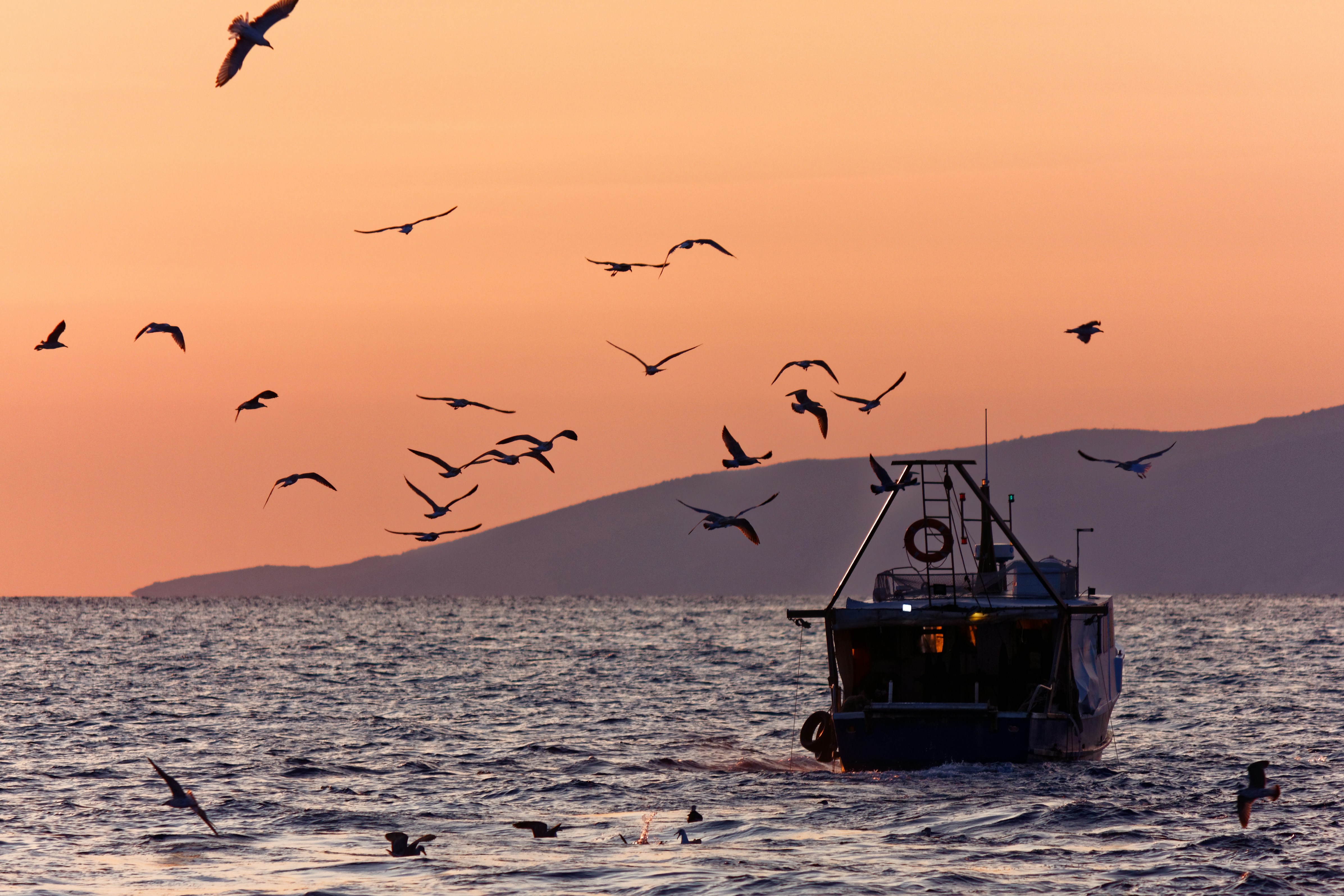A Bioeconomic Evaluation of Distant Water Fishing Management Strategies in Liberia

As global demand for seafood intensifies, industrial distant water fishing (DWF) fleets increasingly operate in the exclusive economic zones of developing countries, such as Liberia. While access fees from these fleets contribute to national revenue, DWF activity also threatens local small-scale fisheries, marine biodiversity, and coastal livelihoods. In partnership with Conservation International, this project evaluates the trade-offs among ecological, economic, and social outcomes under alternative DWF management strategies for Sardinella spp. using a custom-built bioeconomic model, non-market valuation, and qualitative analysis. Balancing revenue for Liberia's National Fisheries and Aquaculture Authority (NaFAA) with small-scale fishery profit, we modeled four different scenarios under a ten-year time horizon: Business-as-Usual (BAU) 10% access fee (measured as the assessed ex-vessel value of projected catch), a 50% access fee, a 100% access fee, and an immediate DWF ban. The model results indicated that increasing the DWF access fee, compared to BAU, significantly raises the combined net present value of benefits, with a notable share attributed to small-scale fisheries and another portion to NaFAA. Additionally, DWF harvest declined under all alternative scenarios. The projected sardine stock showed a moderate increase across all modeled scenarios compared to the BAU model, with the most significant increase observed under the immediate ban scenario, although no scenario led to a sustainable sardine fishery. These results imply that, while increasing access fees reduces DWF catch and supplements revenue for NaFAA, these measures alone are insufficient to fully recover the sardine fishery. Reinvesting a portion of this revenue into Liberia's small-scale fishery sector is critical for supporting broader sustainability, enhancing food security, strengthening local livelihoods, and promoting equitable, community-based management. Though not directly improving stock biomass, these investments will contribute to the long-term resilience of Liberia's fisheries sector. This research provides a foundational framework for policy evaluation that can be applied to future work. Further analysis should include additional ecologically and economically important species harvested in Liberia to better inform integrated management strategies.
Acknowledgements
UC Santa Barbara Bren School: Dr. Anastasia Quintana, Lecturer; Dr. Chris Costello, Distinguished Professor and emLab Director; Dr. Mark Butaine, Professor; Dr. Christopher Free, Research Professor; Leonardo Feitosa, PhD Candidate; Sean Denny, PhD Candidate
Conservation International: Katy Dalton, Senior Program Manager – Distant Water Fisheries; Juno Fitzpatrick, Senior Director – Human Rights & Ocean Equity; Dr. Elena Finkbeiner, Fisheries Science Program Manager; Mike Olendo, Director – Blue Oceans Program; Austin Saye Wehye, Director – Fisheries Research Statistics
Duke University: Dr. Melissa Cronin, Smith Conservation Research Fellow, Postdoctoral Researcher; Dr. John Virdin, Director - Coastal & Ocean Policy Program; Andrew Dominguez, Master’s student; Christopher Watt, Master’s student
Dr. Alvin Jueseah, Researcher and Lecturer, University of Liberia
Nathaniel Kollie, Master’s student, UC Santa Cruz